
Over the last year, we have compiled numerous videos about all aspects of psychiatry, medicine, and society. Check out a sampling here.

Over the last year, we have compiled numerous videos about all aspects of psychiatry, medicine, and society. Check out a sampling here.

Psychiatrists who want to understand white supremacy should watch this series…
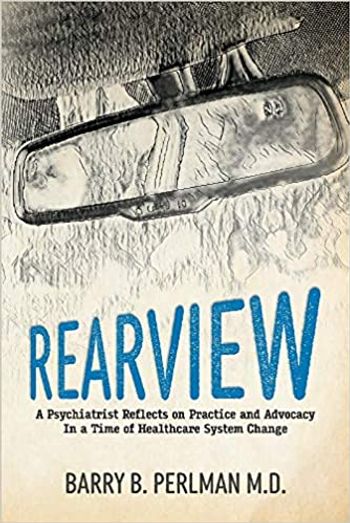
A psychiatrist shares the pearls of his life, clinical and otherwise.

“As soon as Lexi reaches home, she abruptly sinks into depression and curls up in a fetal position, almost catatonic in her bed.”
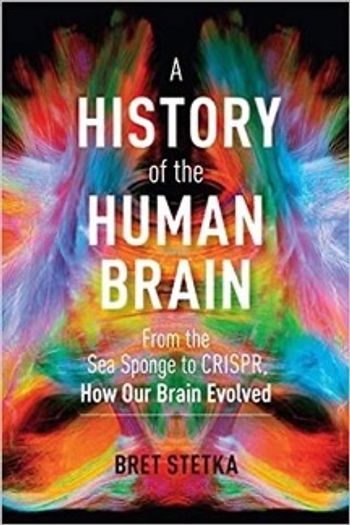
How did we become what we are and where on earth are we headed?

A high-powered lawyer faces her toughest opponent yet: mental illness stigma.
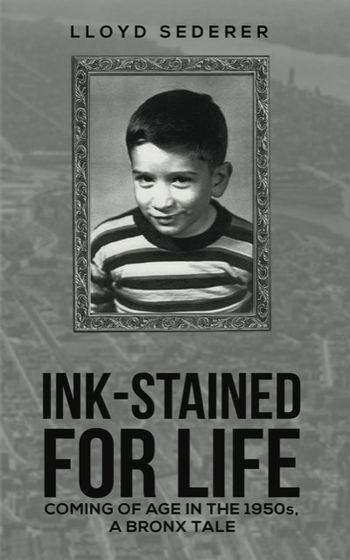
What was life like in the 1950s Bronx for a budding preeminent psychiatrist?

The recent Disney Pixar film has a doctor contemplating what makes us all unique, and how we can care for ourselves.

What drives leaders, and how does that help us better understand them?
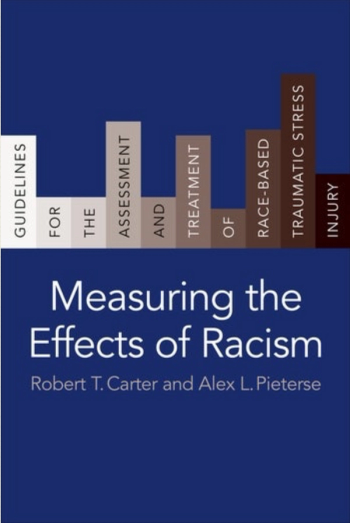
This book provides key tools to help combat racism in the mental health profession.
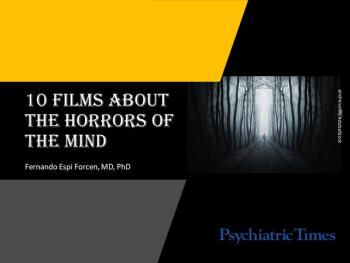
The viewing of horror films, though paradoxical, can be therapeutic through sensation-seeking, catharsis, and existential relief of our deepest fears.
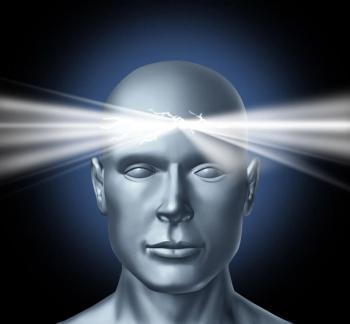
An interview with Dr Anne Harrington, who offers a stimulating and thought-provoking historical perspective on the evolution of biological psychiatry from the German histopathologists to the present time in her recent book.
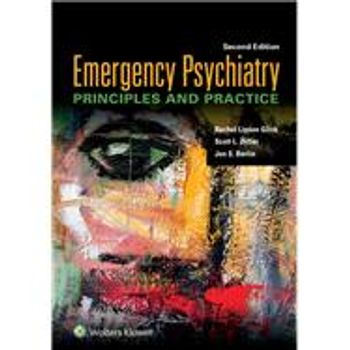
Emergency Psychiatry: Principles and Practice has something for everyone and is easily applicable to emergency and primary care.

Conceived as a needed sequel of Islamophobia and Psychiatry, this volume reflects not only the intellectual cogency and scholarly vision of its Editors but also a solid presentation of multiple perspectives on a complex social phenomenon.
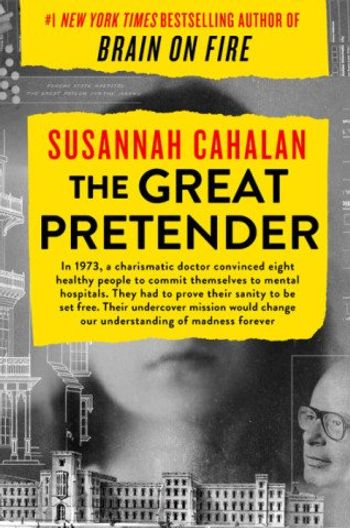
Pseudopatients and their discontents: an historical perspective.
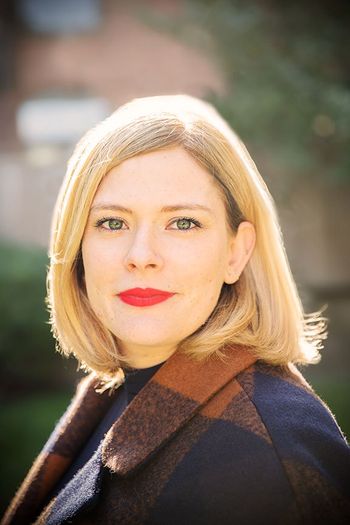
"The idea of seeing a patient, not just a diagnostic label, is an extremely valuable lesson. Being primed to see certain behaviors as pathological in certain contexts and perfectly normal in others is something that all doctors should be aware of." -Susannah Cahalan

As historians and mental health professionals both know, in the words of the writer William Faulkner, “The past is never dead. It’s not even past.”
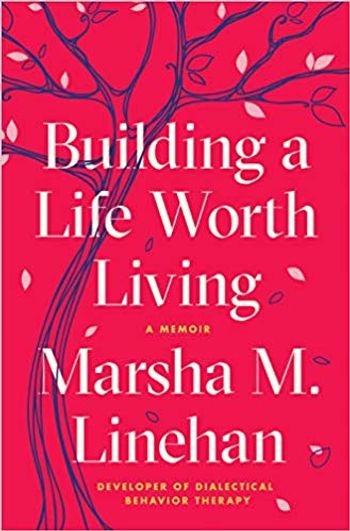
To read Linehan’s memoir is to realize that she underwent a crucifixion and resurrection of her own, and that the Pontius Pilate in her story is psychiatry itself.
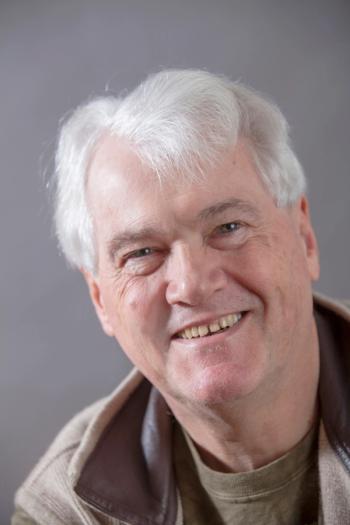
A Conversation in Critical Psychiatry with Peter J. Whitehouse, MD, PhD.
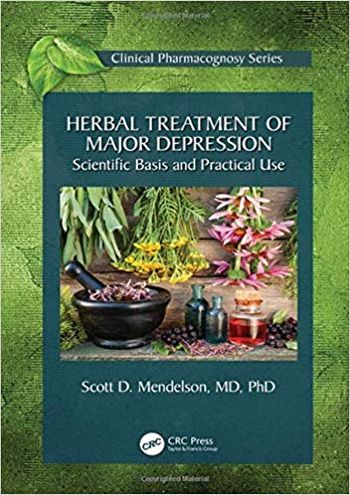
Many patients can benefit from herbs with gentler action, fewer adverse effects, and some health benefits beyond their antidepressant effects.
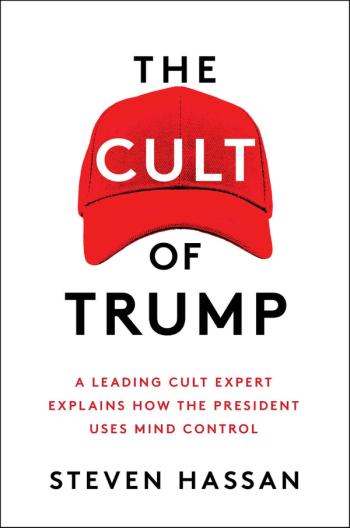
It is a new year, an election year, with impeachment looming and the Iranian conflict-funnily enough, this book is not about the President of the United States. It's all about cults.

Since a disappointingly large number of people equate the critical psychiatry movement with the antipsychiatry movement, two psychiatrists shed light on why that is not the case.

"Psychiatry has been frozen in time since the 80s, and hence the absence of progress since then is no surprise." So says, S. Nassir Ghaemi, MD, MPH, in the next installment of Conversations in Critical Psychiatry with Awais Aftab, MD.
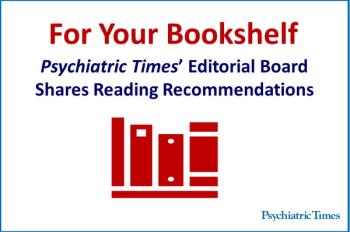
For your bookshelf: Psychiatric Times’ Editorial Board shares reading recommendations.

Can kindness help determine who gets sick and who stays healthy?